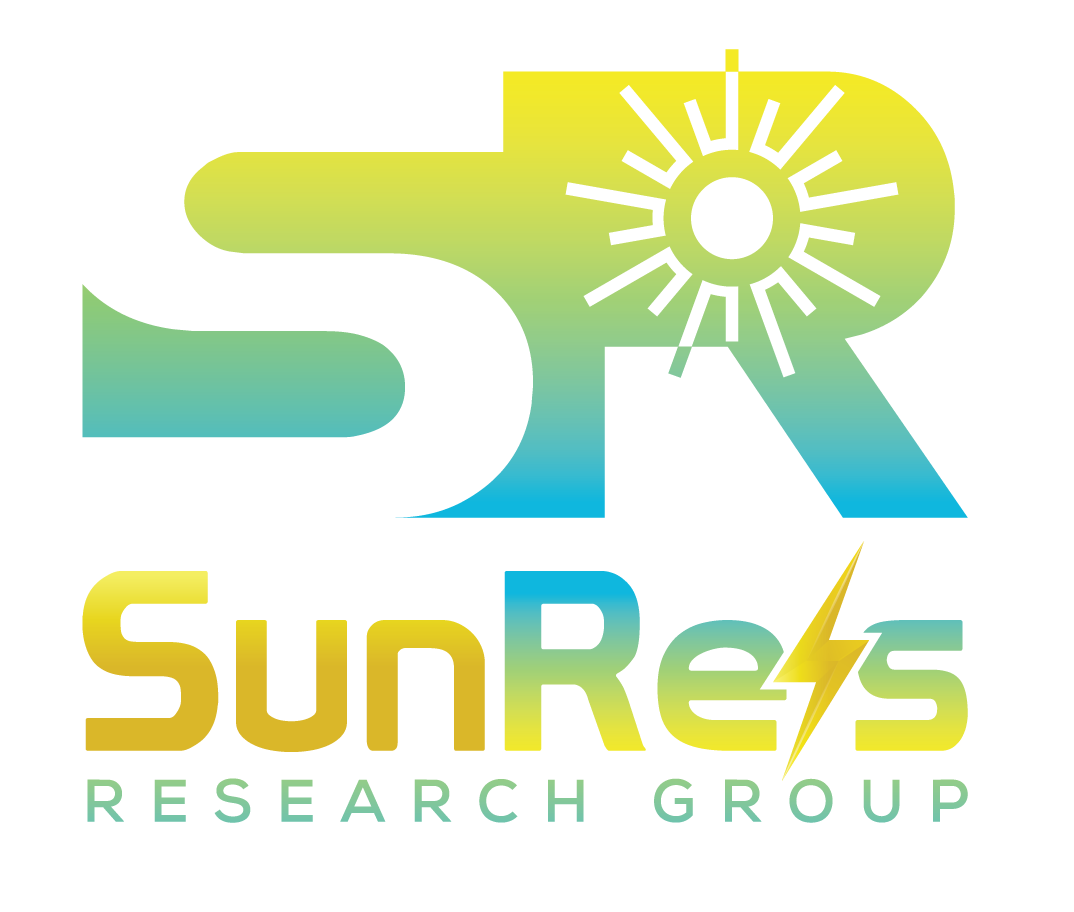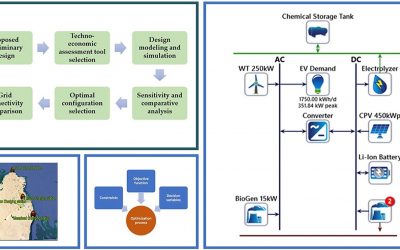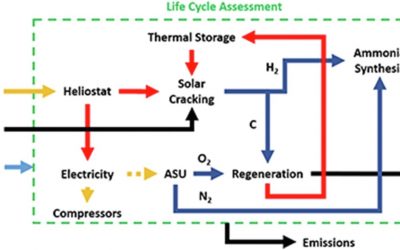Review On Cox-Free Hydrogen From Methane Cracking: Catalysts, Solar Energy Integration And Applications
Hydrogen fuel production from methane cracking is a sustainable process compared to the ones currently in practice due to minimal greenhouse gas emissions. Carbon black that is co-produced is a valuable product and can be marketed to other industries. As this is a high-temperature process, using concentrated solar energy can further improve its sustainability. In this study, a detailed review is conducted to study the advancements in methane cracking for hydrogen production using different catalysts. Various solar reactors developed for methane cracking are discussed. The application of hydrogen to produce other valuable chemicals are outlined. Hydrogen carriers such as methanol, dimethyl ether, ammonia, and urea can efficiently store hydrogen energy and enable easier transportation. Further research in the field of methane cracking is required for reactor scale-up, improved economics, and to reduce the problems arising from carbon deposition leading to reactor clogging and catalyst deactivation.
Research Highlights
Techno-Economic Optimization Of A Novel Stand-Alone Renewables-Based Electric Vehicle Charging Station In Qatar
One of the main challenges of e-mobility roll-out is securing the required charging demand without stressing the existing power grid. The electrical source must be non-conventional to achieve the ultimate eco-friendly goal.
Life Cycle Assessment Of Clean Ammonia Synthesis From Thermo-Catalytic Solar Cracking Of Liquefied Natural Gas
Ammonia is considered a sustainable energy storage medium with zero carbon content. In this work, thermal catalytic cracking of liquefied natural gas (LNG) at elevated temperatures employing concentrated solar tower is considered to produce clean hydrogen (CO2-free) and studied in terms of life cycle emissions.
SunReis (Sustainable Utilization of Novel Renewable Energy Integration & Storage)
SunReis (Sustainable Utilization of Novel Renewable Energy Integration & Storage) is a research group at Hamad Bin Khalifa University, Qatar, led by Dr. Yusuf Bicer. The acronym is derived from 'sunrays', where “reis” means leader/president in Arabic and Turkish. The group’s research interests include sustainability, energy storage, energy carriers, hydrogen, ammonia, integrated energy systems, cooling, desalination, carbon capture & management and renewable energy sources such as solar, wind, and ocean.



